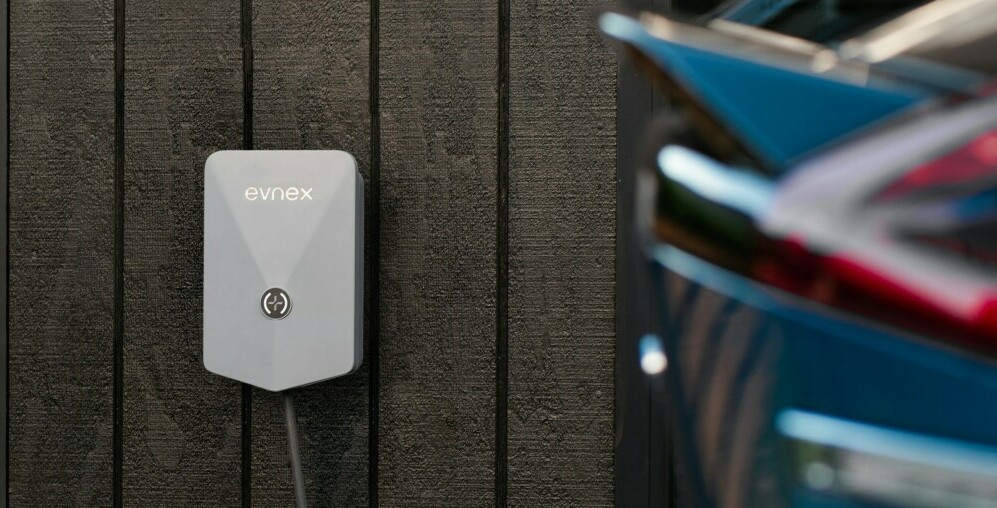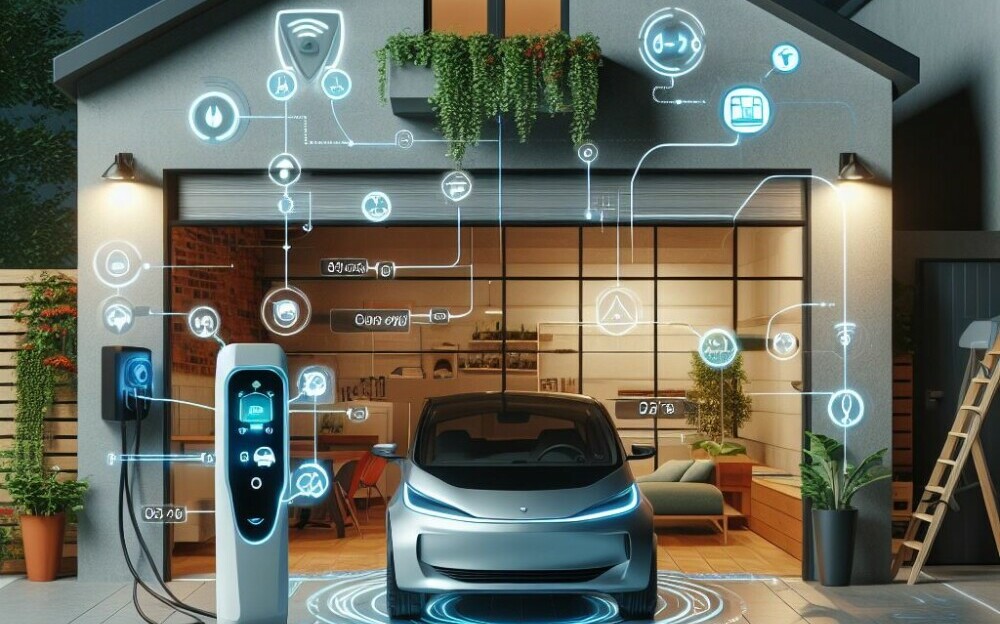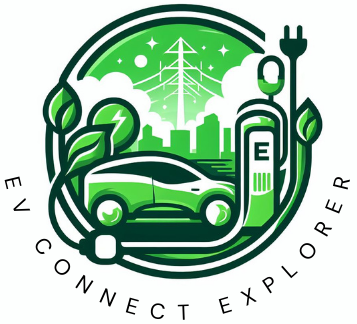
In the rapidly evolving landscape of electric vehicles (EVs), the advent of smart charging technology has ushered in a new era of efficiency, convenience, and sustainability. Traditional charging methods have served their purpose, but smart EV chargers bring a whole new level of innovation to the table. These advanced charging stations aren’t just about replenishing your vehicle’s battery; they’re about optimizing every aspect of the charging process to make it smarter, more efficient, and more user-friendly.
Smart EV chargers are not just static devices; they’re dynamic hubs equipped with intelligent features that enable seamless communication with the grid, as well as integration with various technologies and user interfaces. Unlike their conventional counterparts, which simply deliver power to the vehicle without any additional functionality, smart chargers offer a plethora of capabilities. These include real-time monitoring, scheduling, remote access, and even predictive maintenance, making them indispensable tools in the transition to a sustainable transportation ecosystem.
Whether you’re a tech-savvy EV enthusiast or a casual driver looking to make the switch to electric, understanding the intricacies of smart charging technology is key to unlocking its full potential. So, let’s delve deeper into the fundamentals of smart charging and explore the innovative features that set smart EV chargers apart from their traditional counterparts.
Innovative Features That Define Smart Charging

Smart charging technology encompasses a range of innovative features designed to optimize efficiency, promote sustainability, and enhance user convenience. One of the standout features is real-time monitoring and control of charging sessions. Through connected platforms and mobile apps, users can remotely monitor charging progress, receive notifications, and adjust settings as needed. This level of visibility and control not only enhances user convenience but also enables efficient resource management and grid optimization.
Scheduled charging is another key feature that allows users to take advantage of off-peak electricity rates and minimize costs. By programming charging sessions to occur during periods of low demand or when renewable energy generation is abundant, users can reduce their carbon footprint and save money on energy bills. Smart chargers streamline this process by offering intuitive scheduling features accessible through mobile apps and smart home assistants like Alexa and Google Home, enabling users to effortlessly tailor their charging preferences to suit their needs and maximize savings.
Integration with renewable energy sources is also crucial for promoting sustainable charging practices. Smart chargers enable seamless integration with solar panels, wind turbines, and other renewable energy systems. By harnessing clean energy to power EVs, users can further reduce their environmental impact and contribute to a more sustainable future. Advanced communication protocols and interoperability with renewable energy management systems facilitate this integration, making it easier for users to adopt green charging practices and support the transition to a low-carbon economy.
Safety and Security: The Overlooked Aspects of Smart EV Charging
While the focus of smart charging technology often revolves around efficiency and convenience, safety and security are equally critical considerations. As EV adoption continues to rise, ensuring the safety of charging infrastructure and protecting user data becomes paramount.
Smart chargers incorporate advanced safety features to mitigate the risk of overheating, short circuits, and electrical hazards. Built-in temperature sensors and fault detection mechanisms help prevent accidents and ensure the safe operation of charging infrastructure. In the event of a potential issue, smart chargers can automatically shut down or reduce power output to prevent damage to the vehicle or charging equipment, providing users with peace of mind and ensuring the longevity of their EV charging infrastructure.
Moreover, as connected devices, smart chargers rely on secure communication protocols and robust cybersecurity measures to protect user data and prevent unauthorized access. Encryption techniques, authentication mechanisms, and regular security updates help safeguard sensitive information and ensure the integrity of charging transactions. By prioritizing data privacy and security, smart chargers instill trust and confidence among users, fostering widespread adoption of EV technology and driving the transition to a smarter, safer, and more sustainable transportation ecosystem.
Empowering Tomorrow’s Mobility: The Promise of Smart Charging
In conclusion, smart EV chargers represent a significant advancement in electric vehicle technology, offering a plethora of features and benefits that redefine the charging experience. From real-time monitoring and scheduling to integration with renewable energy sources, these chargers offer unparalleled control and flexibility to users. Moreover, their emphasis on safety and security ensures reliable and secure charging operations, further driving the adoption of EVs.
As the automotive industry continues to evolve towards sustainability, smart chargers will play a pivotal role in shaping the future of transportation. By integrating innovative technologies, prioritizing safety and security, and fostering user-friendly interfaces, smart chargers pave the way for a cleaner, greener, and more connected future.
Take Charge with Ease: Bring Alexa or Google Home into Your Home and Transform EV Charging into a Seamless Experience!
*Here’s a little transparency: Our website contains affiliate links. This means if you click and make a purchase, we may receive a small commission. Don’t worry, there’s no extra cost to you. It’s a simple way you can support our mission to bring you quality content.*
